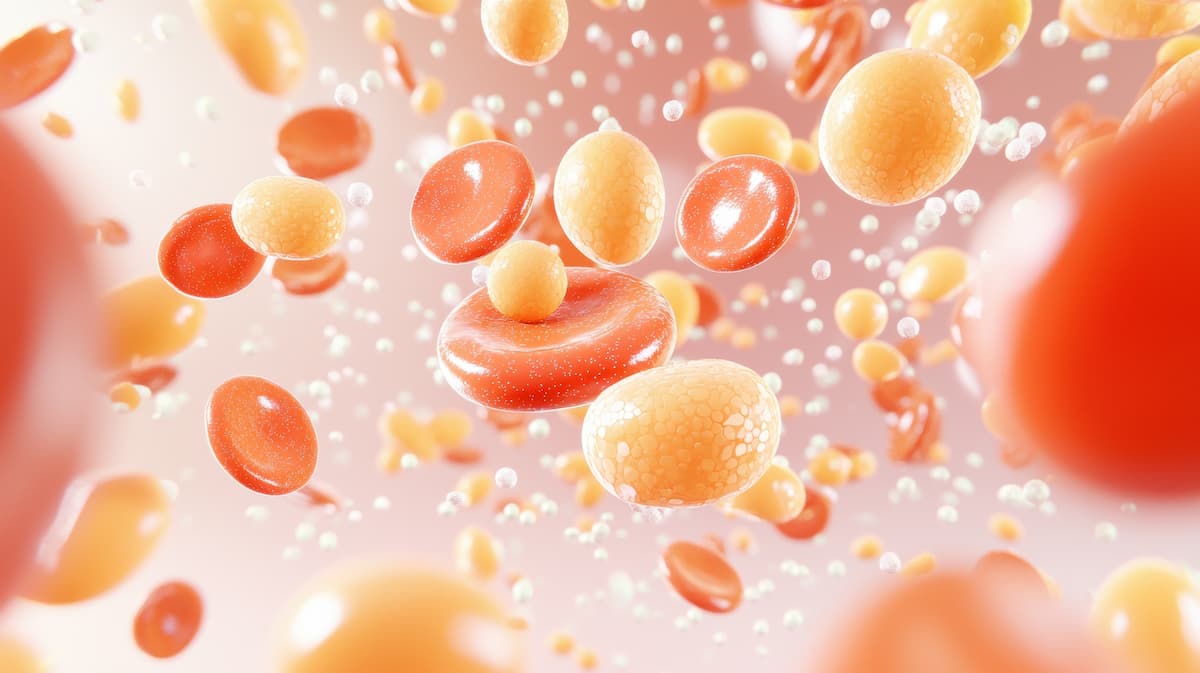Article
H1N1 Vaccination Is Talk of the Nation
Author(s):
The shortage of swine flu vaccine has been a source of alarm for many, as large numbers have been turned away after waiting in long lines at immunization providers throughout the country. Despite insufficient availability of the vaccine, Health and Human Services (HHS) Secretary Kathleen Sebelius insists that there will eventually be enough to go around.
"I hope that people aren't discouraged," Sebelius said last week. "I know it's frustrating to wait in line, and particularly if you end up with no vaccine. We wish this could have been smoother, that we had a larger supply. We knew it would come in waves."
According to Obama advisor David Axelrod, 10 million doses are slated to become available this week, adding to the 28 million doses of the vaccine already released. Problems producing the H1N1 immunization cut the government-projected expectation of 40 million doses by the end of last month to between 28 million and 30 million doses.
An HHS group of independent health experts was scheduled to meet Monday to begin reviewing data on those who have received the vaccination, in order to determine its safety. Although the vaccine has been deemed safe thus far, the group is seeking to ensure that there are not major adverse events associated with it.
The World Health Organization (WHO) reported last week that there have been nearly 415,000 laboratory-reported cases of swine flu around the world, adding that the true number may be much larger due to a lack of reporting of milder cases. The most recent data available indicates that H1N1 has become widespread in 46 US states, although WHO stated it "causes little more than a fever and a cough in the majority of cases."
Still, there are enough cases of swine flu throughout the country to spur President Obama to sign a National Emergency Declaration, a move that allows HHS to waive some regulatory requirements for health care facilities in executing disaster plans if needed. Along the same lines, the FDA has issued an emergency use authorization for peramivir intravenous, an investigational antiviral drug, to be used in hospitals for certain adult and pediatric patients with confirmed or suspected H1N1 infection.
The upswing in swine flu cases has also created a mounting demand for a liquid form of the antiviral drug Tamiflu (oseltamivir) for children, causing many pharmacists to compound the liquid in pediatric doses from the adult formulation of the drug. Although the measure has helped to address the shortage, there are problems. The Institute for Safe Medication Practices has received reports of dosing errors associated with the compounding of the pediatric version of the drug, and the Ora-Sweet liquid used by many pharmacies to make it cannot be produced quickly enough to meet demand.
Early last month, 300,000 courses of liquid Tamiflu were released, and the last 234,000 doses available are now being released across the nation.
For other articles in this issue, see:
Pharmacy HIT Loans to Soften Financial Hit of Adoption
Decision Time: Pharmacy's Stake in Health Care Reform
Newsletter
Stay informed on drug updates, treatment guidelines, and pharmacy practice trends—subscribe to Pharmacy Times for weekly clinical insights.





